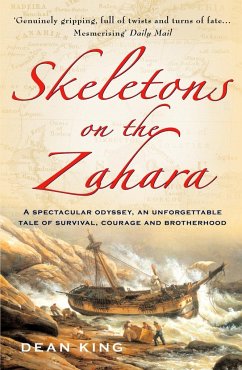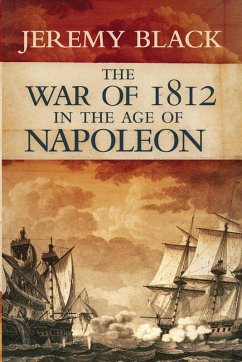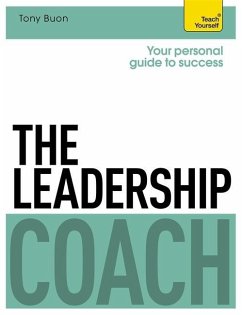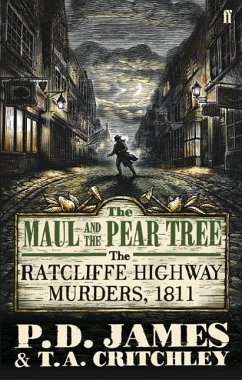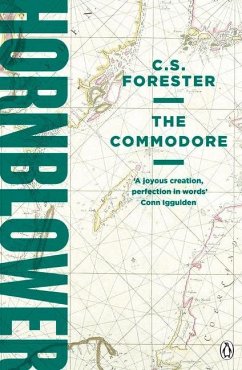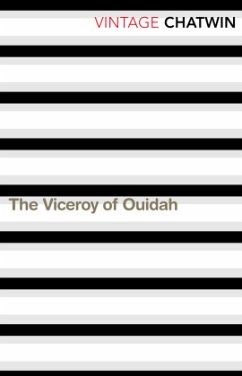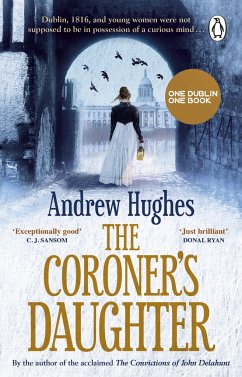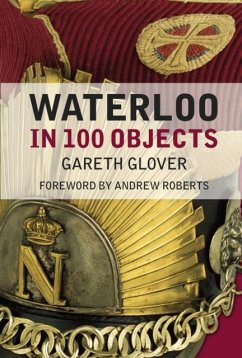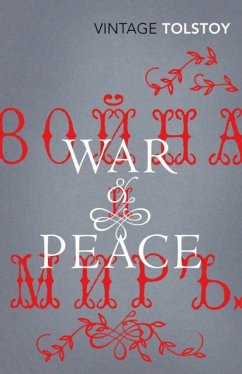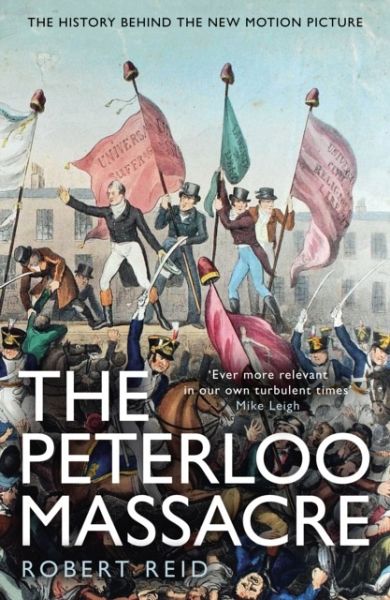
The Peterloo Massacre

PAYBACK Punkte
9 °P sammeln!
__________________________ 'The universal significance of this historic event becomes ever more relevant in our own turbulent times.' MIKE LEIGH, director of the award-winning film Peterloo __________________________ The Peterloo Massacre is a revealing and compelling account of one of the darkest days in Britain's social history. On 16 August 1819, a strong force of yeomanry and regular cavalry charged into a crowd of more than 100,000 workers who had gathered on St Peter's Field in Manchester for a meeting about Parliamentary reform. Many were killed. This violent, startling event became kno...
__________________________ 'The universal significance of this historic event becomes ever more relevant in our own turbulent times.' MIKE LEIGH, director of the award-winning film Peterloo __________________________ The Peterloo Massacre is a revealing and compelling account of one of the darkest days in Britain's social history. On 16 August 1819, a strong force of yeomanry and regular cavalry charged into a crowd of more than 100,000 workers who had gathered on St Peter's Field in Manchester for a meeting about Parliamentary reform. Many were killed. This violent, startling event became known as Peterloo, one of the darkest days in Britain's social history. The Peterloo Massacre provides a revealing narrative account of the events leading up to Peterloo, starkly describes the actions of that fateful day, and examines its aftermath. It offers a new perspective on the political and military activities of the time, and shows how the very nature of society was powerfully influenced by irreversible technological change: a pattern that, two-hundred years later, still has relevance in understanding the forces shaping our world today. __________________________ 'One of our nation's defining moments.' STUART MACONIE 'Vivid and rather brilliant.' THE TIMES 'an absorbing analysis of one of the blackest days for civil liberties which this country has ever known. It is a story of heroes and villains, of suffering and carnage and of incompetence, betrayal and brutality, told with the skill of a master craftsman who makes history leap from the page fresh as the morning's newspapers' EVENING CHRONICLE 'There are many accounts of the Peterloo Massacre but none as thoroughly researched as this one. The characters . . . come alive in his easy to read style . . . there is much to be learned from Robert Reid's description and analysis of the role and effects of technology, and I hope his book will be widely read. It should be in every school library and discussed by all those involved in the continuing search for civilised solutions to the social and political problems currently facing our people.' CAMDEN JOURNAL





